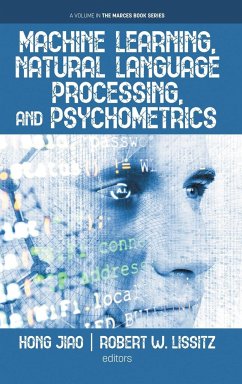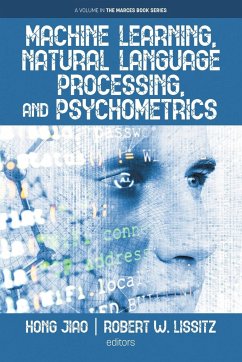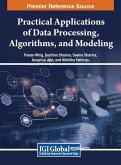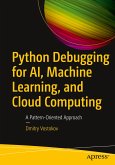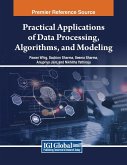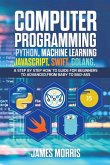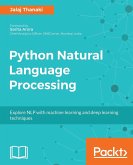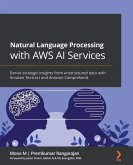With the exponential increase of digital assessment, different types of data in addition to item responses become available in the measurement process. One of the salient features in digital assessment is that process data can be easily collected. This non-conventional structured or unstructured data source may bring new perspectives to better understand the assessment products or accuracy and the process how an item product was attained. The analysis of the conventional and non-conventional assessment data calls for more methodology other than the latent trait modeling. Natural language processing (NLP) methods and machine learning algorithms have been successfully applied in automated scoring. It has been explored in providing diagnostic feedback to test-takers in writing assessment. Recently, machine learning algorithms have been explored for cheating detection and cognitive diagnosis. When the measurement field promote the use of assessment data to provide feedback to improve teaching and learning, it is the right time to explore new methodology and explore the value added from other data sources. This book presents the use cases of machine learning and NLP in improving the assessment theory and practices in high-stakes summative assessment, learning, and instruction. More specifically, experts from the field addressed the topics related to automated item generations, automated scoring, automated feedback in writing, explainability of automated scoring, equating, cheating and alarming response detection, adaptive testing, and applications in science assessment. This book demonstrates the utility of machine learning and NLP in assessment design and psychometric analysis.
Hinweis: Dieser Artikel kann nur an eine deutsche Lieferadresse ausgeliefert werden.
Hinweis: Dieser Artikel kann nur an eine deutsche Lieferadresse ausgeliefert werden.

